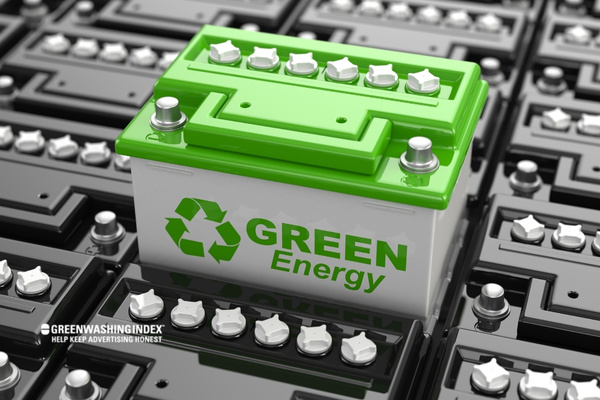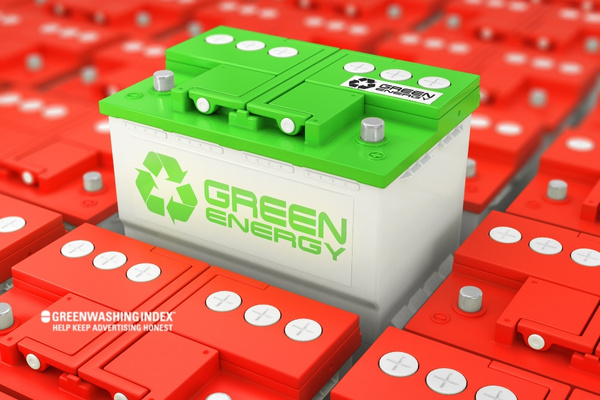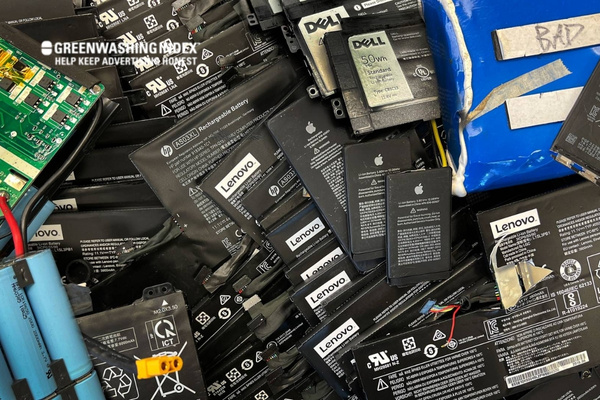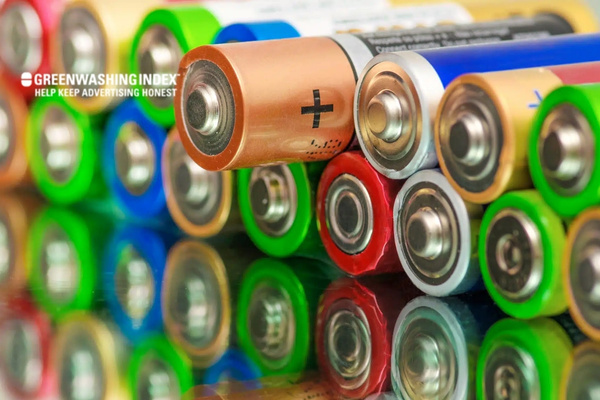

Imagine it’s finally spring cleaning season, and you come across a stash of old batteries. Warning bells should ring because tossing them out is a big no-no for the planet! Batteries hold chemicals that can mess up our beautiful Earth if we just treat them like any old trash.
That’s why battery recycling isn’t just good; it’s crucial. Stick with me, and we’ll journey through the simple steps to become a pro at eco-friendly battery disposal.
Have you ever wondered how exactly your little actions can make a world of difference? Well, proper battery recycling is one of those actions. By choosing to recycle batteries, you’re cutting down on pollution and saving valuable materials from going to waste. It’s all about giving those batteries a new life while keeping our land and water clean.
When I think about battery recycling, it’s clear that understanding why we need to do it is just as important as knowing how. Batteries are everywhere in our lives—our phones, laptops, cars, and more.

They make things work when we can’t plug them into the wall. But what happens when they stop working? That’s where battery recycling becomes important.
Batteries might look small and harmless but don’t let their size fool you. When thrown away, they can hurt our planet a lot. You see, inside batteries are chemicals and materials like lead, cadmium, mercury, or lithium that can be really dangerous.
Here’s what could happen if we don’t recycle batteries:
So throwing away batteries is a no-go because it leads to really unhealthy outcomes for everything around us—people, plants, animals—and even the air!
Now let’s chat about how battery recycling helps keep things green and clean:
That’s why you hear more people talk about sustainable practices these days—a big part includes being smart with waste like old batteries.
So every time a dead battery comes back through recycling instead of ending up in a landfill or incinerator, it’s like giving Mother Nature a helping hand! Little actions add up over time; before you know it – thanks to all those little steps – we’re living in a cleaner world without putting extra pressure on our lovely planet Earth.
Remembering all this makes me take my time sorting through old gadgets’ power cells because I know each one has its place—not just tossed aside but given new life through eco-friendly disposal called “battery recycling.” Let’s all charge up our efforts to make sure these handy companions end their service responsibly!
Also Read: Shoe Recycling Made Easy: Your Ultimate Guide
Battery recycling is a process that I think about as both simple and vital at the same time. It’s where we take used batteries and do something good with them instead of just throwing them away.

When we just toss batteries in the trash, they can hurt our planet with nasty chemicals. But when we recycle them, we get to use those materials again, and that helps us keep the earth cleaner.
Now let me walk you through how a battery gets to live on after being recycled:
Each step I shared above matters because every single part plays its role in keeping harmful substances away from nature while putting useful elements back into use! That’s kinder for our planet—and smarter too since it means less waste and better resource management!
Also Read: Lithium-Ion Battery Recycling Guide: Ultimate Sustainability Tips
When it comes to battery recycling, knowing where to begin can feel like a puzzle. But worry not, it’s simpler than it might seem at first. The most important part is finding where you can take your used batteries for safe and eco-friendly disposal.

If you’re thinking about how you can start recycling batteries responsibly, a great first step is finding a local drop-off location that accepts them. Here’s what I usually do:
Now let me tell you this: Even though we’ve gone digital in many areas of life, some things still need proper disposal – like batteries! So checking around your community is definitely worth the effort if it means helping our environment.
But what if there’s no easy way to get those used-up energy cells to a facility? That’s where mail-in programs shine!
Here’s how these programs work:
Now isn’t that convenient? And while it might cost a little bit in postage or fees (some programs are free), think about the environmental impact —it’s surely worth those few extra bucks!
Remember friends: Sustainable practices aren’t always hassle-free, but taking small steps like participating in battery recycling can do wonders over time.
Whether you find a community bin or go with mail-in options, every eco-friendly disposal counts towards a cleaner planet! Let’s keep on spreading green habits wherever we go; our Earth certainly deserves all our care and love!
Also Read: Metal Recycling: Your Guide to Sustainable Disposal
Recycling batteries is important for our Earth. It helps keep the air and water clean. So, it’s good to know how to recycle different kinds of batteries. Let me guide you on how to do it right.

Single-use batteries are common, but many people aren’t sure what to do with them when they’re dead. Here’s a step-by-step list:
Always check local rules because some places have special ways they want you to get rid of these types of batteries.
Lithium-ion batteries power lots of things like phones and laptops. They can be dangerous if not handled right when we recycle them.
Remember – safety first! Don’t try crushing, bending, or taking apart lithium-ion batteries by yourself.
Nickel-cadmium (NiCd) batteries and others like nickel-metal hydride (NiMH) need attention too when thrown out.
When getting rid of these special types follow all steps exactly because they’re different from regular ones and can be harmful if thrown out wrong.
By following this simple guide I’ve shared, each one of us can play our part in eco-friendly disposal and sustainable practices while limiting environmental impact through responsible battery recycling!
Also Read: Monitor Recycling: Your Ultimate Easy Guide Today!
When it comes to getting rid of old batteries, many people make big mistakes. Here are some you should avoid:
Throwing old batteries in the regular garbage is a bad idea. Here is why:
So don’t throw batteries away with your regular garbage!
Keeping dead batteries around your house isn’t safe either. Here’s what could go wrong:
It’s best not to keep those old batteries lying around.
Trying to recharge non-rechargeable batteries is very dangerous. Please don’t do this! Let me tell you why:
Possible Explosion:
Battery Damage:
Toxic Fumes:
Please be careful and only recharge batteries that say they’re “rechargeable”.
Remember these tips about battery recycling! It helps us keep our world clean and safe for everyone.
You should recycle your batteries as soon as they no longer work. Don’t throw them in the trash; instead, keep them aside until you can take them to a proper recycling center.
Yes, most battery types are recyclable. This includes the ones from your car, phone, laptop, and standard AA or AAA batteries. Each kind has its own way of being recycled.
Often, yes. Many stores and recycling centers will take your old batteries without charging you a fee. However, some places might charge a small amount for certain types of battery recycling.
No, you shouldn’t try to recycle these at home due to potential risks like toxic chemicals leaking out. They need special handling which is done at professional recycling facilities.
In wrapping up, I can’t stress enough the importance of battery recycling in our quest for a more sustainable world. While it may seem like a small act, properly disposing of batteries makes a significant difference in reducing environmental harm.
By following the guidelines outlined above, each of us can contribute to eco-friendly disposal practices that benefit both the earth and future generations.
